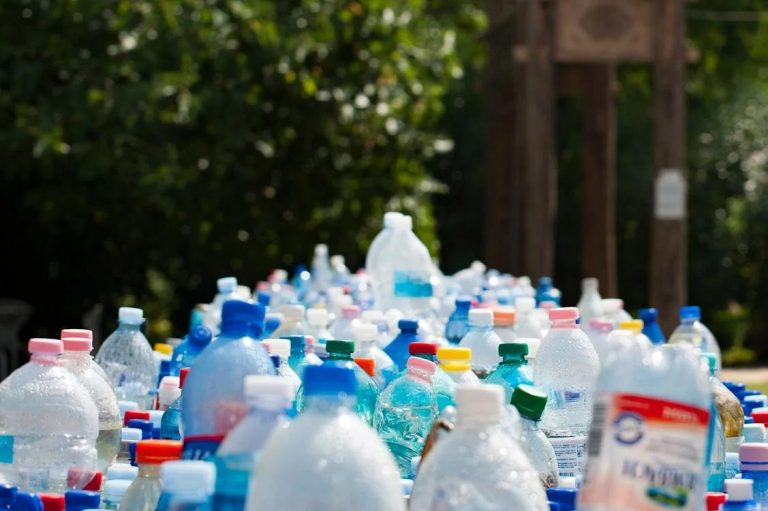Dallas has emerged as a vibrant hub for innovation and sustainability in recent years, particularly in design and waste management. This transformation is not just about aesthetics or keeping the streets clean; it’s about a fundamental shift in how residents and businesses think about their environmental impact. As we delve deeper into the 21st century, integrating sustainable design with responsible waste management practices has become crucial for creating more livable, eco-friendly urban spaces.
With its blend of modernity and tradition, Dallas stands at the forefront of this movement, championing initiatives that promise a greener, more sustainable future. One of the key players in this effort is the dallas waste removal experts, whose innovative approaches to managing waste underscore the city’s commitment to sustainability.
The Role of Sustainable Design in Urban Spaces
Sustainable design involves more than protecting the environment. It takes a comprehensive perspective, considering how design choices might affect ecological wellness, human prosperity, and financial practicality over the long run. In Dallas, architects, interior designers, and urban planners are increasingly embracing sustainable planning principles to decrease carbon impacts, maximize energy efficiency, and encourage the usage of renewable resources.
This dedication to sustainability is evident in the city’s increasing number of eco-friendly structures, homes that are good for the environment, and public spaces that blend appearance with what they do while reducing waste and pollution. Sustainable design seeks to balance different needs to meet present requirements without compromising future generations. Those in Dallas construction and development fields are adopting techniques like recycling building materials, installing energy-saving appliances, and utilizing renewable energy sources to diminish pollution and landfill use for a healthier community and planet.
Innovating Waste Management for a Sustainable Future
Sustainable waste management plays a vital role in urban environments. For Dallas, effective trash collection involves more than just disposal. It requires an approach that supports recycling, composting, and lowering the amount of discard sent to landfills. The professionals responsible for waste removal in Dallas are central to this effort.
They implement cutting-edge systems and technologies to ensure trash is addressed productively and eco-friendly. By utilizing modern solutions and recycling/composting programs, the city aims to diminish the impact of waste on the environment and use materials that would otherwise be trashed. Still, more can be done to encourage residents to participate in sustainability programs and generate less rubbish overall.
The city has strongly emphasized recycling and composting initiatives to lessen their environmental impact. Residents and businesses are encouraged to sort their trash to allow materials to be reused rather than end up in landfills. Educational outreach efforts have helped spread understanding of recycling’s advantages and the significance of producing less waste. Furthermore, Dallas’s waste professionals are examining creative answers like projects that convert trash into energy.
These solutions fundamentally change how we view waste by transforming it into a beneficial material. While recycling and composting programs have been supported, city leaders continue exploring other promising ways to handle refuse sustainably and reduce their carbon footprint for future generations.
While technology and policy can help drive more sustainable outcomes, achieving success ultimately relies on a cultural shift within our communities. The role of everyday residents is pivotal in instigating this change. By implementing eco-friendly habits in our daily routines from Dallas and beyond, we demonstrate our commitment to environmental well-being and use limited resources only as needed.
It is the collective power of simple choices that yields considerable impact. Options like opting for long-lasting products rather than single-use items add up when adopted widely. Together, through conveniently sustainable decisions starting each day, we can nurture a valuation of nature’s preservation and gradual progress toward a greener future.
Conclusion
The journey towards building a sustainable future presents both difficulties and possibilities. In Dallas, the blending of eco-friendly design and trash handling signifies considerable development ahead on this journey. It acknowledges how our behaviors influence each other and affect the environment. By cultivating a community dedicated to sustainability, Dallas is boosting current residents’ quality of living and preparing a greener, more eco-conscious future for those to follow. The city recognizes that small, considerate actions collectively make a difference. Together, through efforts like sustainable design and waste management, Dallas takes steps to safeguard Earth’s resources for generations yet to come.

